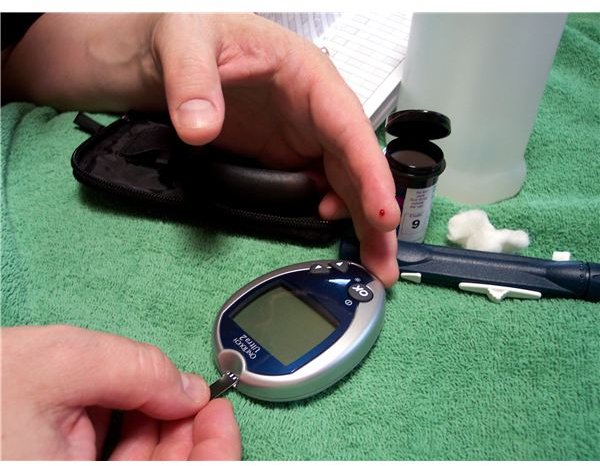Type 1 Diabetes Risk for Hormonal Disorders
Understanding Type 1 Diabetes Risk for Hormonal Disorders
Diabetes type 1 and type 2 are both incurable and the only remedy for type 1 diabetes is insulin. The endocrine system of the body comprises of glands that produce hormones. These hormones act as chemical messengers and control several important functions of the body. Somatotropin stimulates growth and cell reproduction. In females, prolactin triggers milk synthesis and release. Calcitonin is another hormone that spurs bone construction. Apart from the importance in maintaining blood glucose levels, insulin plays a major role in bone formation and health. A proper balance in the production and use of these hormones is required for the smooth functioning and overall health of the body. When an imbalance occurs in the production or use of any of these hormones, it may result in serious disorders that require medical attention. These complications can prove dangerous if they are not treated at the right time.
Diabetes mellitus is caused by the failure of the pancreas to produce sufficient insulin for the needs of the body (in type 1 and type 2 diabetes patients) or the failure of the body to use the hormone in the proper manner (in type 2 diabetics). With type 1 diabetes the risk of hormonal disorders builds up over a period of time.
Type 1 Diabetes
One of the primary functions of the hormone insulin is to regulate glucose levels in the blood. Insulin also regulates the conversion of excess sugar into fat and the storage of new fat in the adipose tissue. When the body is deprived of food and nutrition for an extended period of time (whatever the reason), insulin triggers use of the fat stored in the adipose tissues for meeting the body’s energy requirements. When the pancreas fails to produce enough insulin the result is diabetes. If the form of diabetes is type 1, the only remedy that works effectively is regular injection of insulin.
Complications Caused by Type 1 Diabetes
Type 1 diabetes is referred to as an autoimmune disease because the core cause is the destruction of the insulin production areas of the pancreas, by the body’s immune system. This condition is seen more often in children and young adults. Unless the condition is kept under very strict control, the blood glucose level excesses that type 1 diabetes causes lead to other complications that can be classified under hormonal disorders. These complications include neuropathy, retinopathy and the increased risk of osteoporosis, as lack of sufficient insulin may result in low bone mass. The potential for bone fractures increase, and when a fracture does occur, it takes a very long time to heal.
Due to these reasons, when a person is suffering from type 1 diabetes the risk for hormonal disorders is exceedingly high, and correct treatment of the condition becomes imperative.
Correct treatment includes regular administration of prescribed medication like insulin, regular eating habits, the consumption of healthy foods, regular exercise and avoidance of stress. Blood and urine glucose levels should be constantly monitored. These steps when practiced well can help to reduce the risk of hormonal disorders in diabetics.
References:
Image Credit:cohdra/morgueFile
